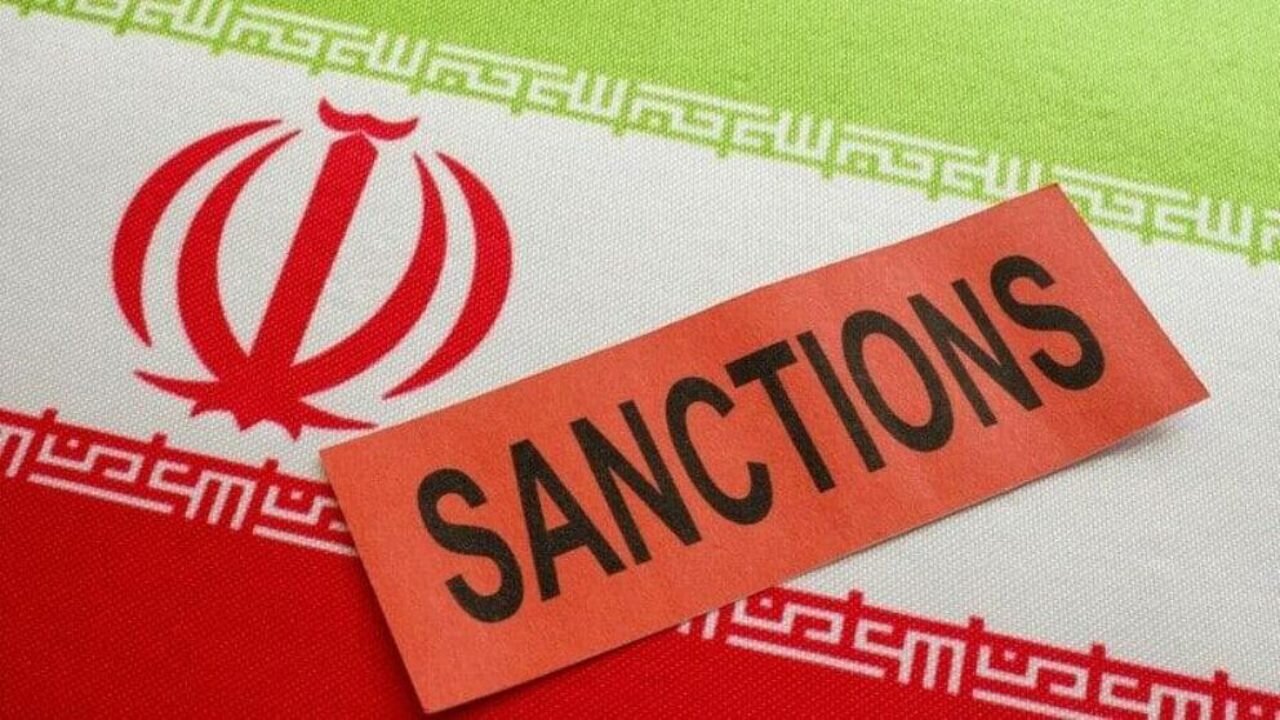Sanctions and soul of a nation: Rethinking economic warfare on Iran

In the quiet corridors of Iranian hospitals, where children wait for medicine that never arrives, and in the crowded markets of southern Tehran, where inflation is rewriting the price of bread by the hour, one truth has become inescapable: the real cost of U.S. sanctions is not political—it is profoundly human.
For over a decade, Washington has argued that sanctions are a strategic necessity—a way to curb Iran’s nuclear ambitions or influence its regional behavior. But the lived experience of millions tells a different story, one that rarely finds its way into the geopolitical calculus: the story of parents unable to afford antibiotics for their children, of students abandoning university dreams to support their families, and of the elderly who now ration both food and medication.
While policymakers often describe these sanctions as “targeted,” in practice they function as blunt instruments. Financial restrictions have paralyzed humanitarian imports. Even exempted goods like medical supplies are routinely blocked by over-compliance from international banks and insurers. In effect, the entire economy becomes hostage—not of politics, but of fear and isolation.
A 2024 report by the Iranian Hemophilia Society revealed that dozens of patients with rare blood disorders died due to lack of clotting factor medication—drugs that are legally permitted under U.S. law, yet practically inaccessible due to logistical paralysis. These are not side effects. They are the main event.
Beyond the physical toll, there is an emotional erosion at play. Sanctions deepen the rift between Iran and the West, not only through state-to-state confrontation, but by convincing ordinary Iranians that global justice is a fiction. They feel punished not for what they have done, but for who they are—and that psychological wound will outlast any political resolution.
If the international community, and particularly the United States, seeks long-term stability in the Middle East, it must recognize that moral authority cannot be built on economic cruelty. Diplomacy cannot thrive in a climate where medicine becomes a bargaining chip and hunger a negotiation tool.
The Iranian people are not an abstraction. They are doctors working triple shifts without anesthesia. They are poets who can no longer afford paper. They are young men and women building apps by candlelight during blackouts.
To punish a government is one thing. To punish a people is another—and history will remember the difference.
Leave a Comment